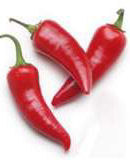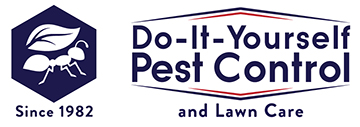Capsaicin


What is Capsaicin?
Capsaicin is an animal repellent that has also been registered for use as an insecticide, miticide, rodenticide, and feeding depressant. It is made from the naturally occuring chemical in peppers that makes them hot. It was registered by the EPA in 1962 and classified as a non-toxic biochemical pesticide. Capsaicin is the working ingredient in Pignx and Bonide Hot Pepper Wax.
Where is Capsaicin used?
Capsaicin is used in agricultural and residential areas. It repels rodents, deer, dogs, bears, rabbits, gophers, moles, and other mamalian pests without seriously harming them. Capsaicin is also an insecticide for aphids, leafhoppers, lacebugs, spider mites, thrips, white flies and others. It is used for ornamental plants, field crops, vegetable and fruit crops, nurseries, and home gardens. Capsaicin is most effective in preventing pest populations from growing.
How does Capsaicin work?
Capsaicin is non-toxic in mammals. It repels animals by causing irritation in the skin and eyes, along with swelling in the lung tissue. Just the smell is usually enough to keep pests from entering the treated area. Capsaicin is lethal for most insects and works by damaging the membranes in brain cells and then disrupts the nervous system. It is activated through inhalation, ingestion, or contact. Capsaicin prevents insects from laying eggs which controls the population over time.
How safe is Capsaicin?
Capsaicin is considered by the EPA as non-toxic to humans and other mammals. Although it is relatively safe, it can cause a temporary burning sensation, irritate the skin and eyes, and cause swelling in the lungs. Capsaicin should be kept out of reach of children and pets since they are more sensitive to it than adults. It is eco-friendly because it is broken down by bacteria in the soil in 2-5 days, and is unlikely to reach groundwater.





